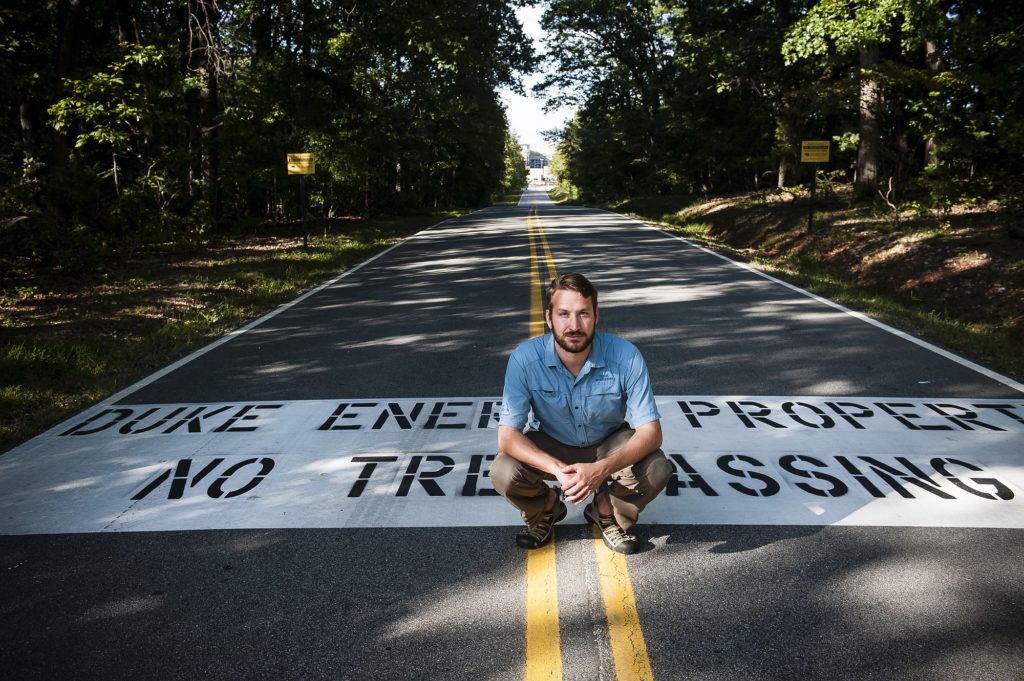Federal Settlement Requires Duke Plant to Stop Bucking the Law
By: Waterkeeper Alliance

Yadkin Riverkeeper and Waterkeeper Alliance reached a settlement with Duke Energy in September that requires the utility to remove more than five million tons of coal ash from unlined, leaking pits at Duke’s Buck Steam Station on the Yadkin River near Salisbury, North Carolina. Under the agreement, Duke Energy must remove all the ash and either recycle it into concrete or put it in a modern, lined dry landfill away from the river and separated from groundwater and drinking-water sources.
Driven by litigation and advocacy by Waterkeepers and other environmental groups in North Carolina, Duke Energy has now committed to fully cleaning up eight of its 14 coal-ash sites in the state. Litigation continues regarding its unlined and polluting coal-ash storage at the six remaining sites, where Duke has sought to close the unlined ponds by draining the water and installing a cap over the coal ash, which would continue to pollute rivers and ground water.
The Buck site had been a high priority for Yadkin Riverkeeper and Waterkeeper Alliance ever since their water testing revealed alarming levels of contaminants associated with coal ash in residential drinking water wells near the ash ponds. Dozens of homes surround the perimeter of the site, each with a drinking water well that taps groundwater just a few hundred feet from the massive leaking coal-ash ponds.
“After two years of fighting the largest utility in the country, the Dukeville community will finally be assured of the two things we have been fighting for: a long-term supply of clean drinking-water and meaningful ash cleanup,” said Yadkin Riverkeeper Will Scott. “Duke Energy has finally entered into a binding agreement that requires them to do what the community and Riverkeepers have been asking all along.”
The conservation groups have been pressing litigation against Duke Energy for its coal-ash storage at the Buck site since 2013, and the federal suit was filed in 2014, after the North Carolina Department of Environmental Quality had failed to take action against violations at Buck. In 2015, the federal court stated that it could not conclude that DEQ was diligently prosecuting Duke Energy for pollution at that site.
“There was a Riverkeeper working at every one of the eight sites across North Carolina that Duke Energy has agreed to clean up,” said Pete Harrison, staff attorney for Waterkeeper Alliance. “The Alliance and Yadkin Riverkeeper were the first ones to sample wells around Buck and show that there were dangerous levels of metals associated with coal ash. Buck is an example of what we expect to see utilities across the country doing in the coming years: moving their ash to avoid being sanctioned by their own investors.”